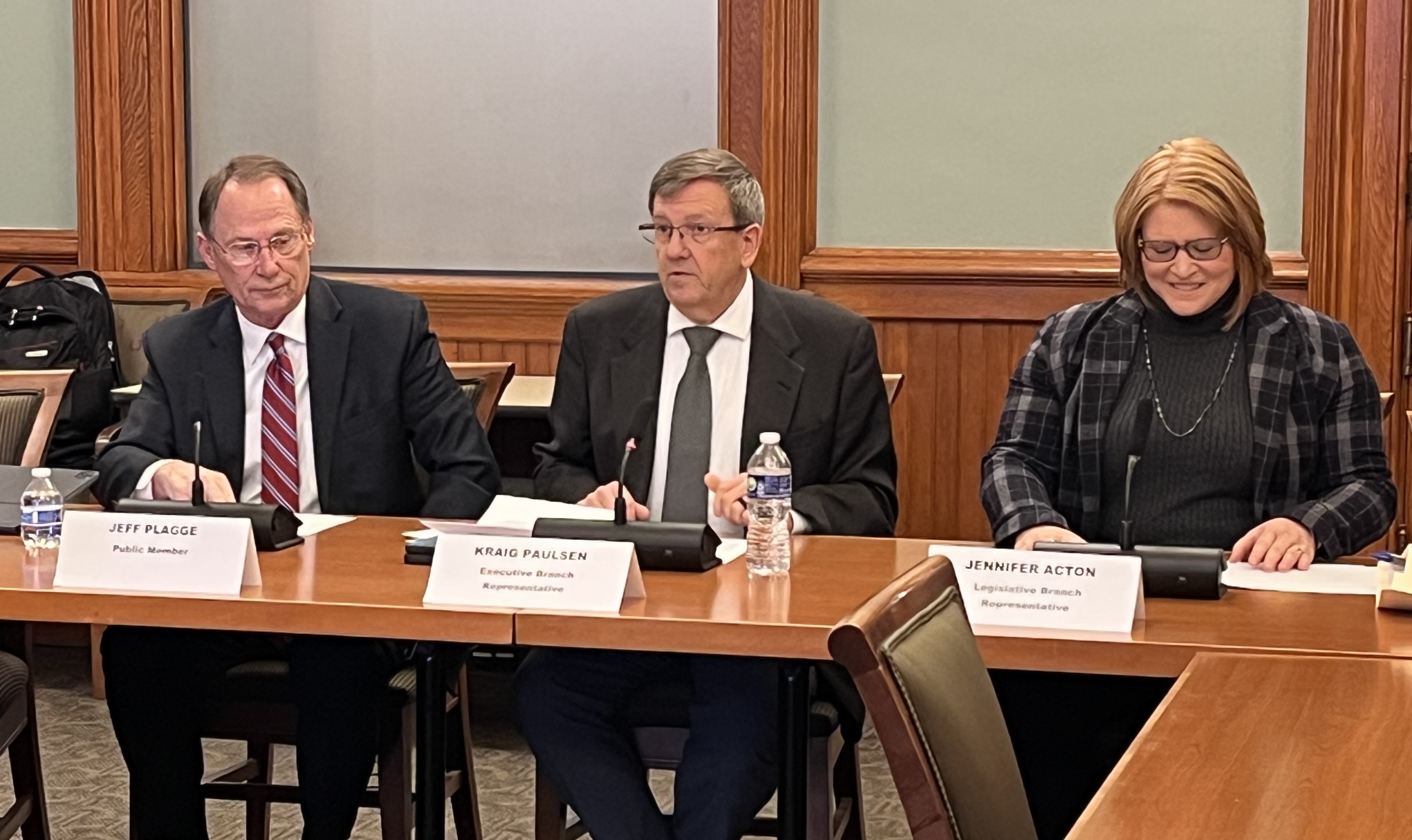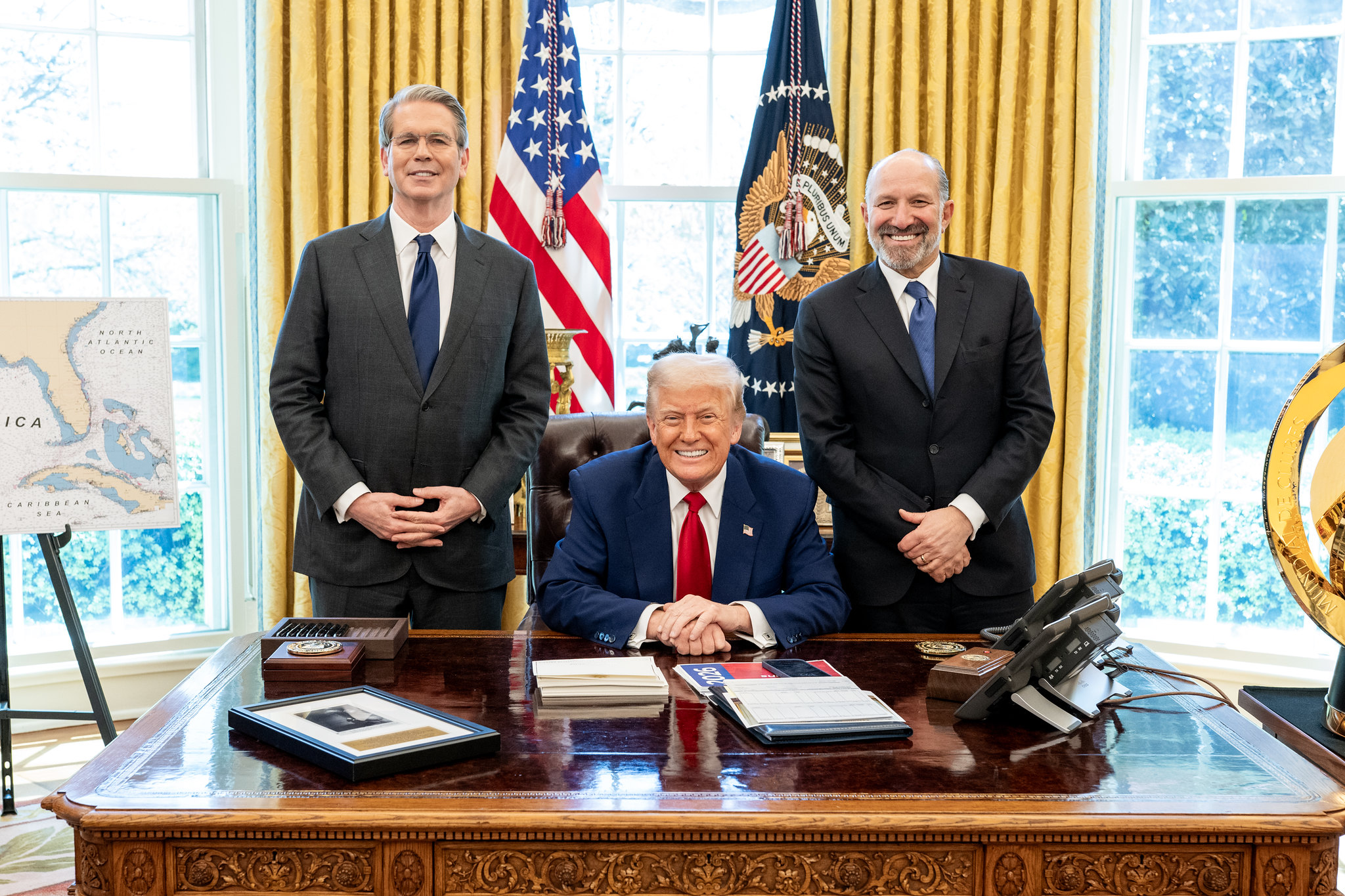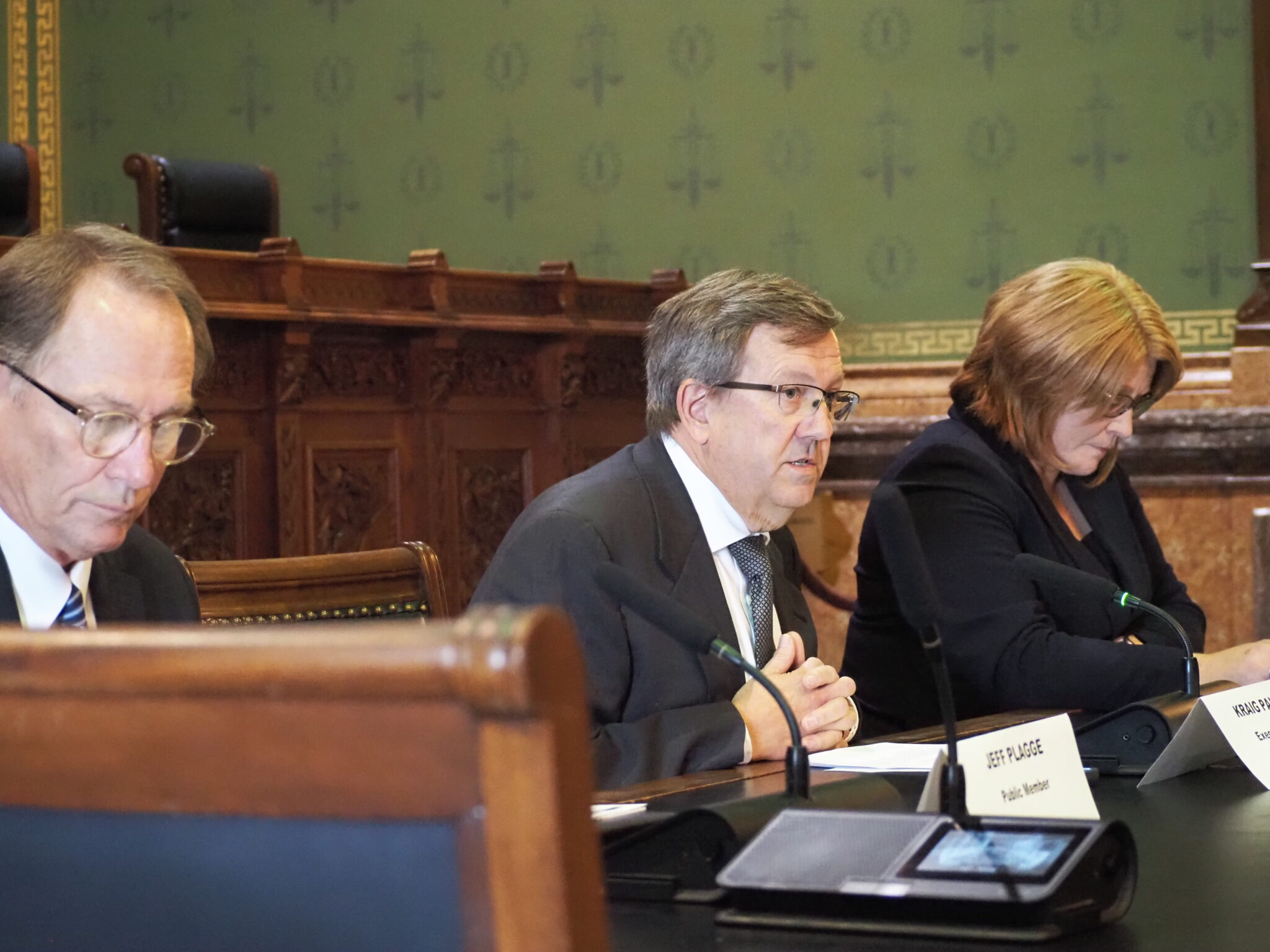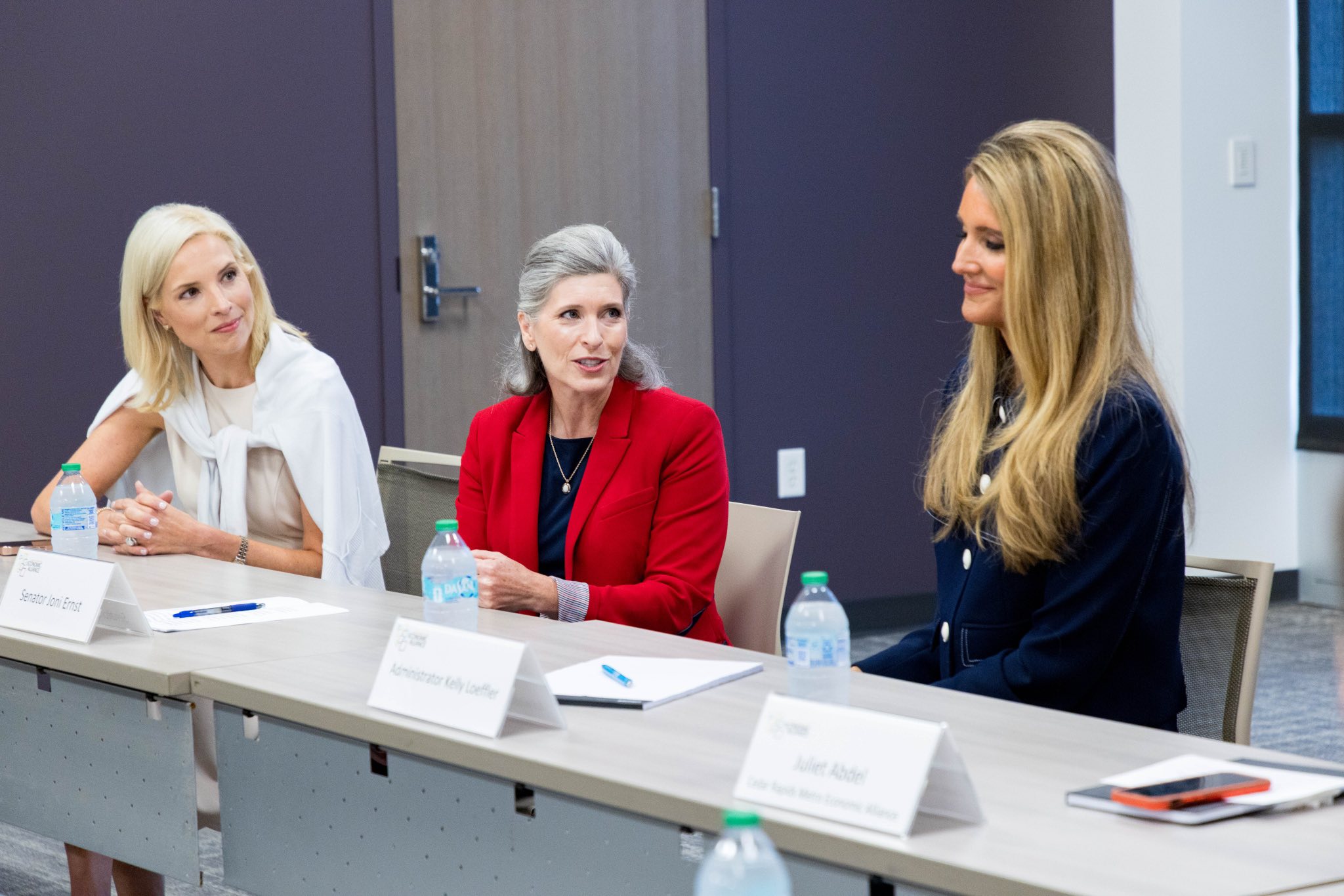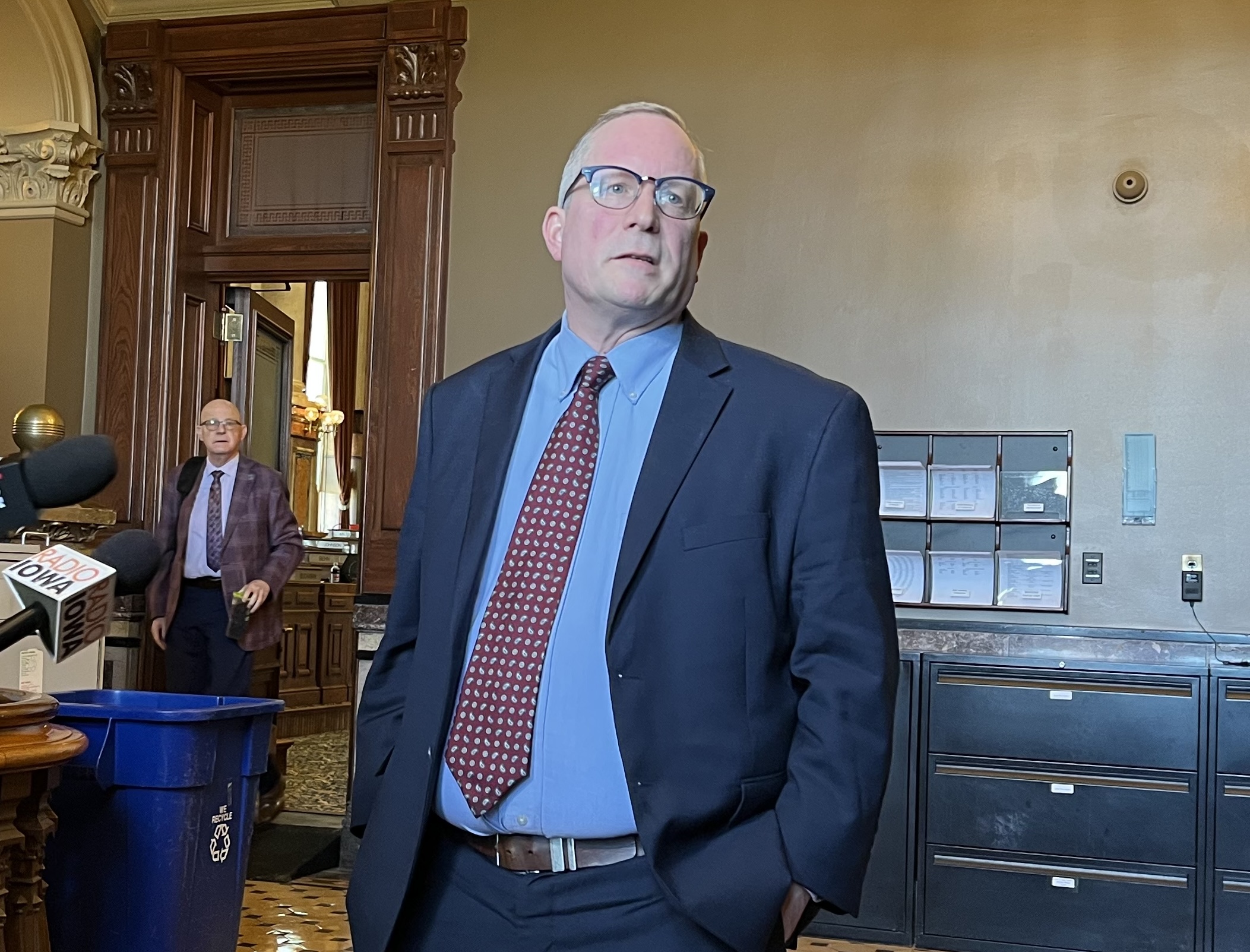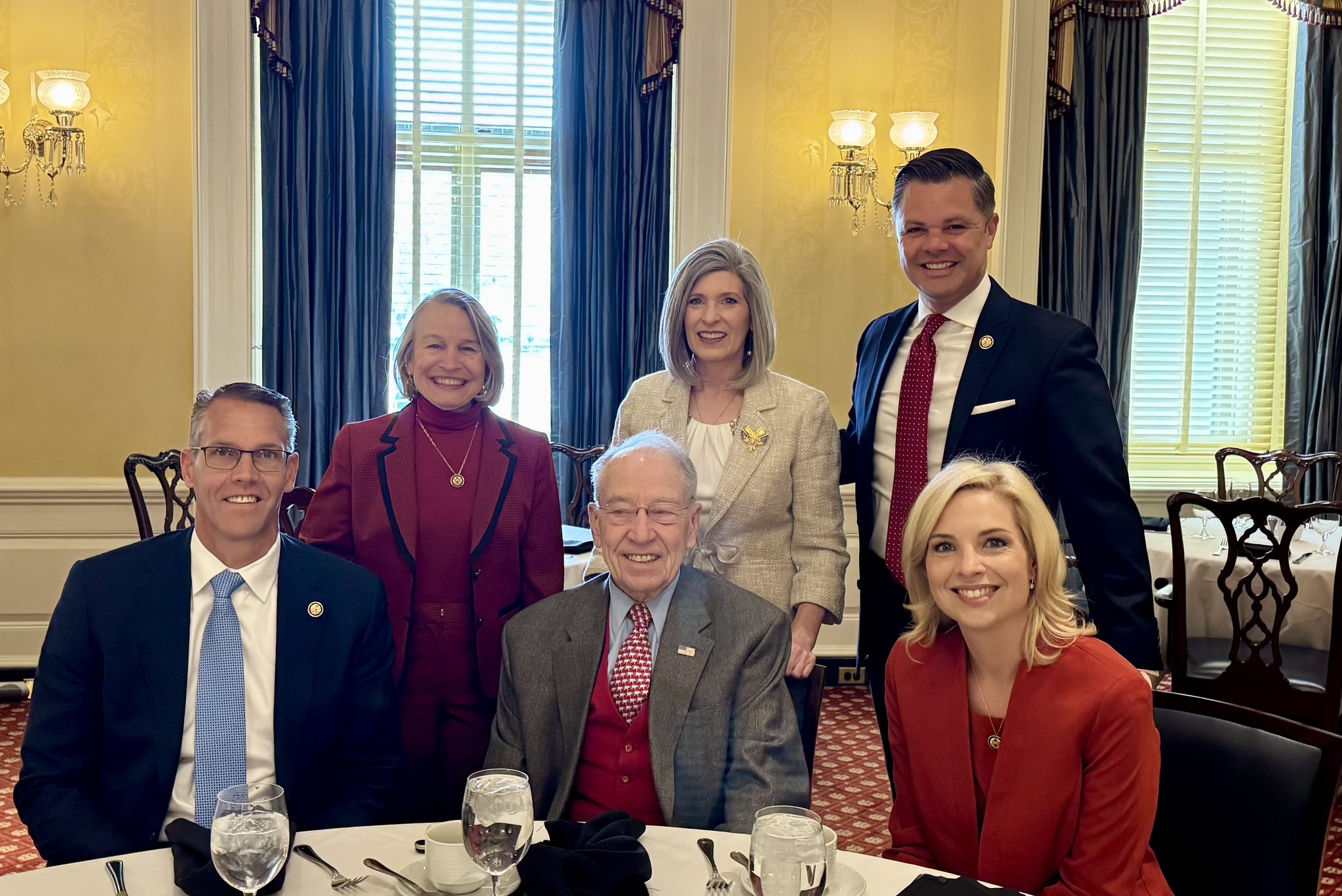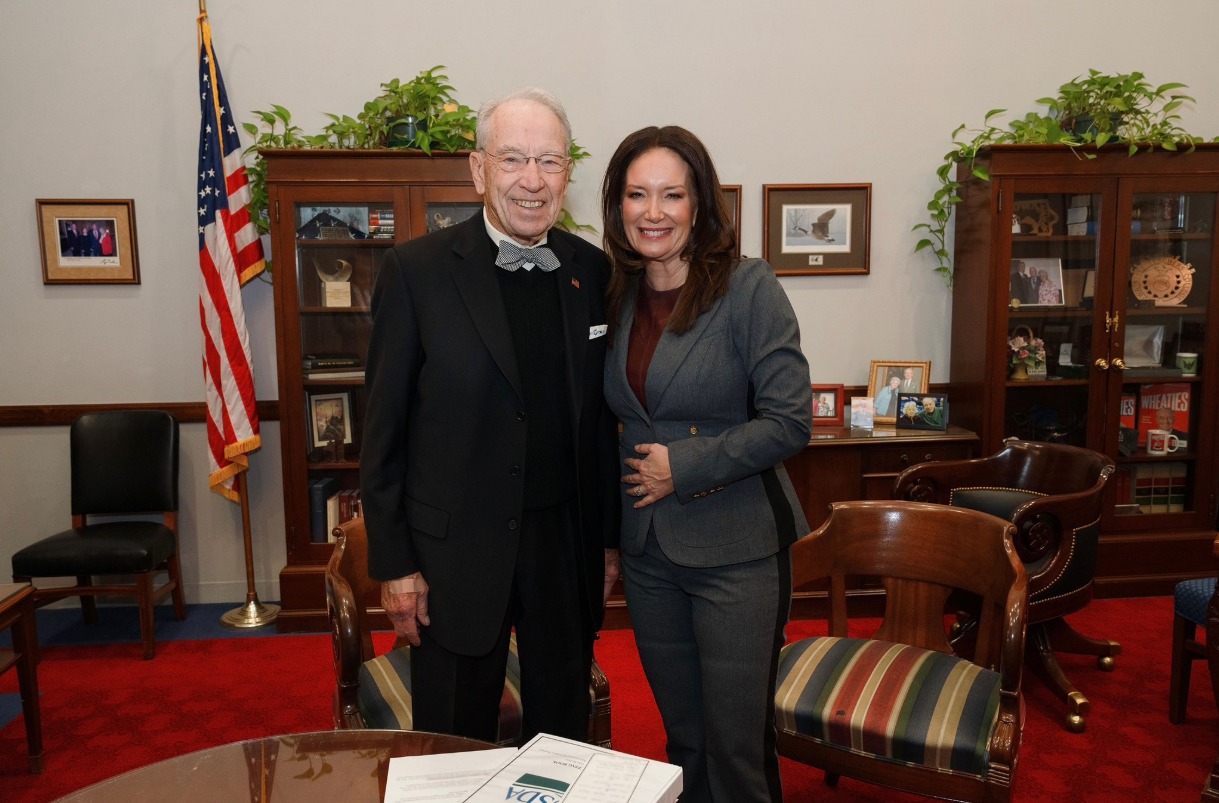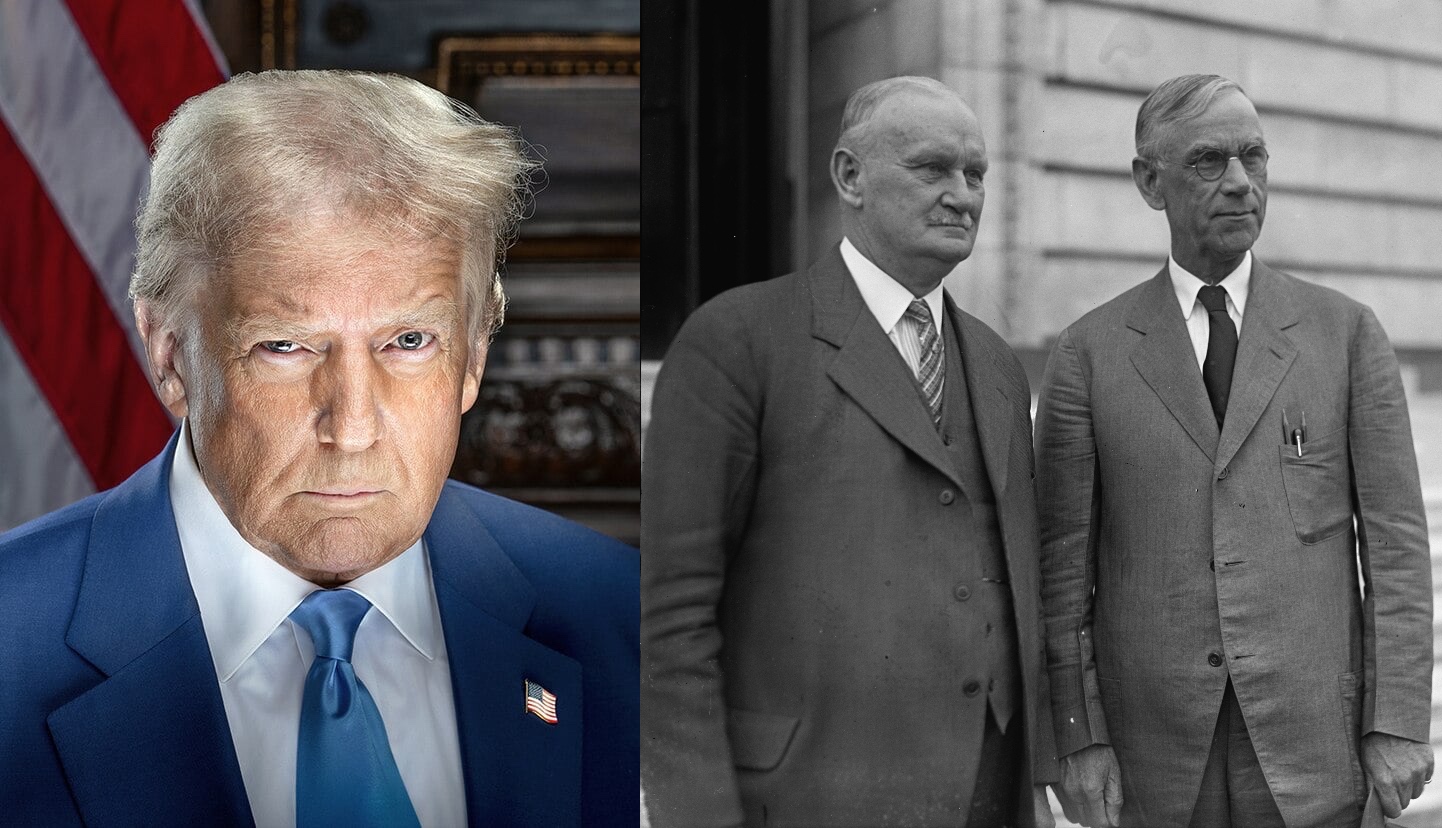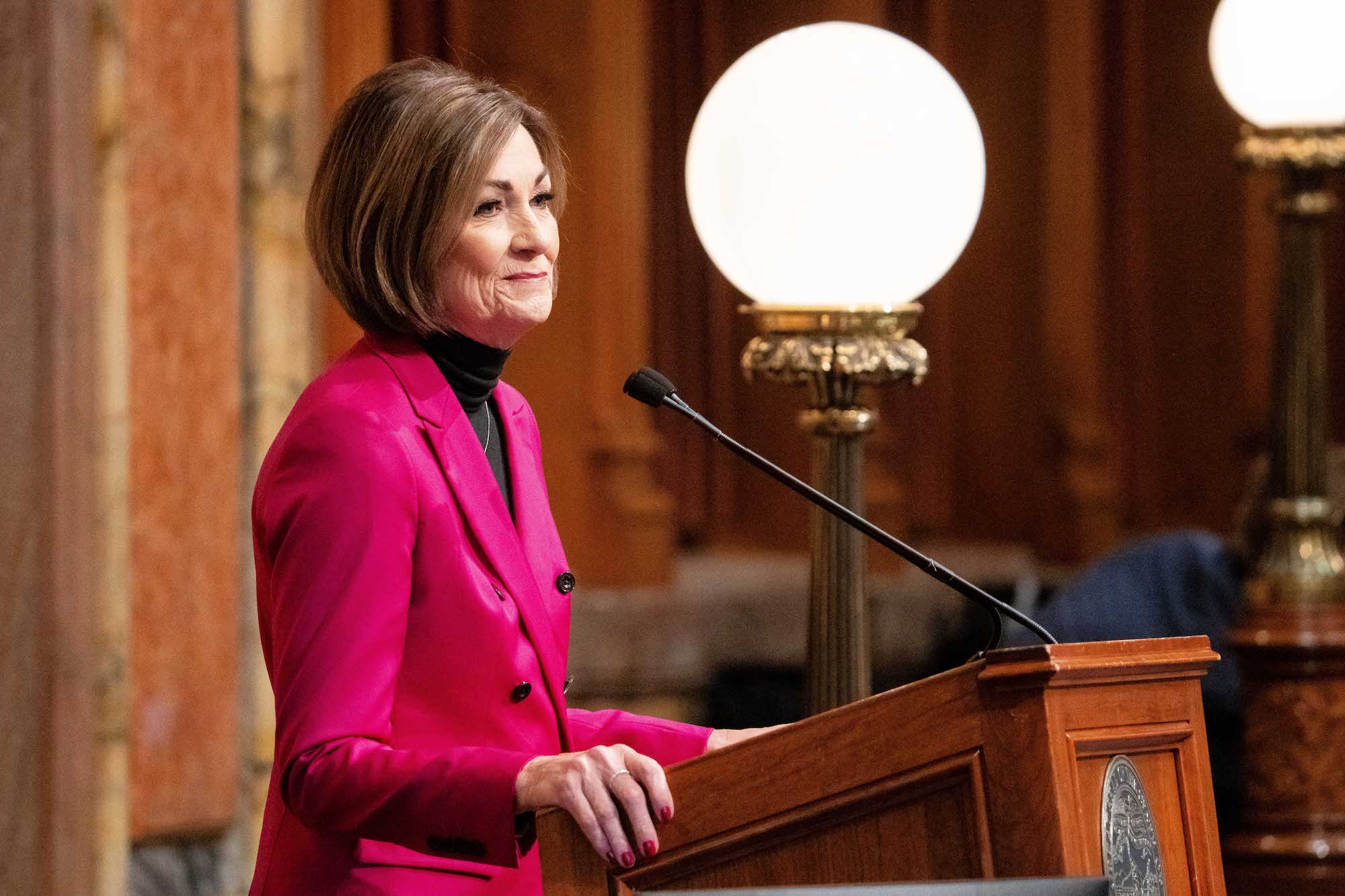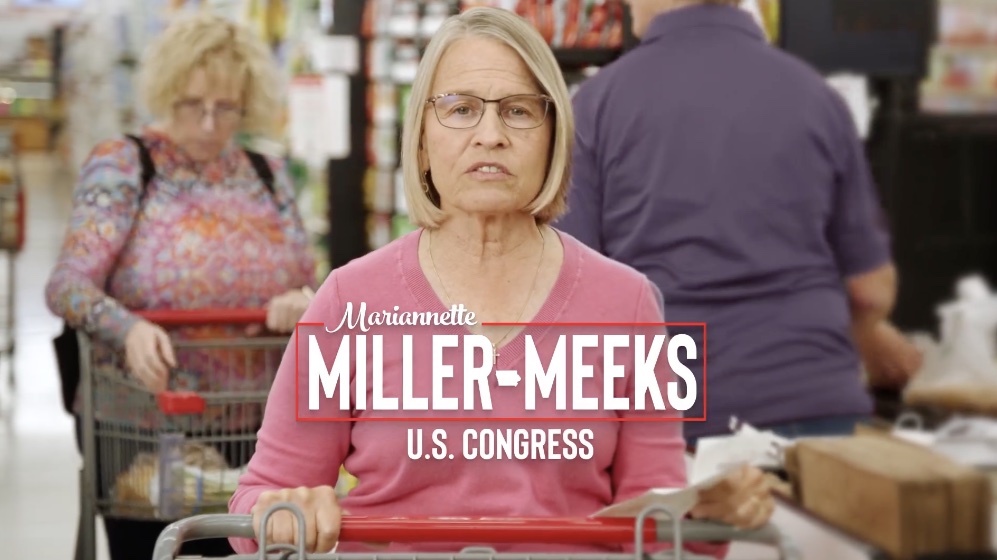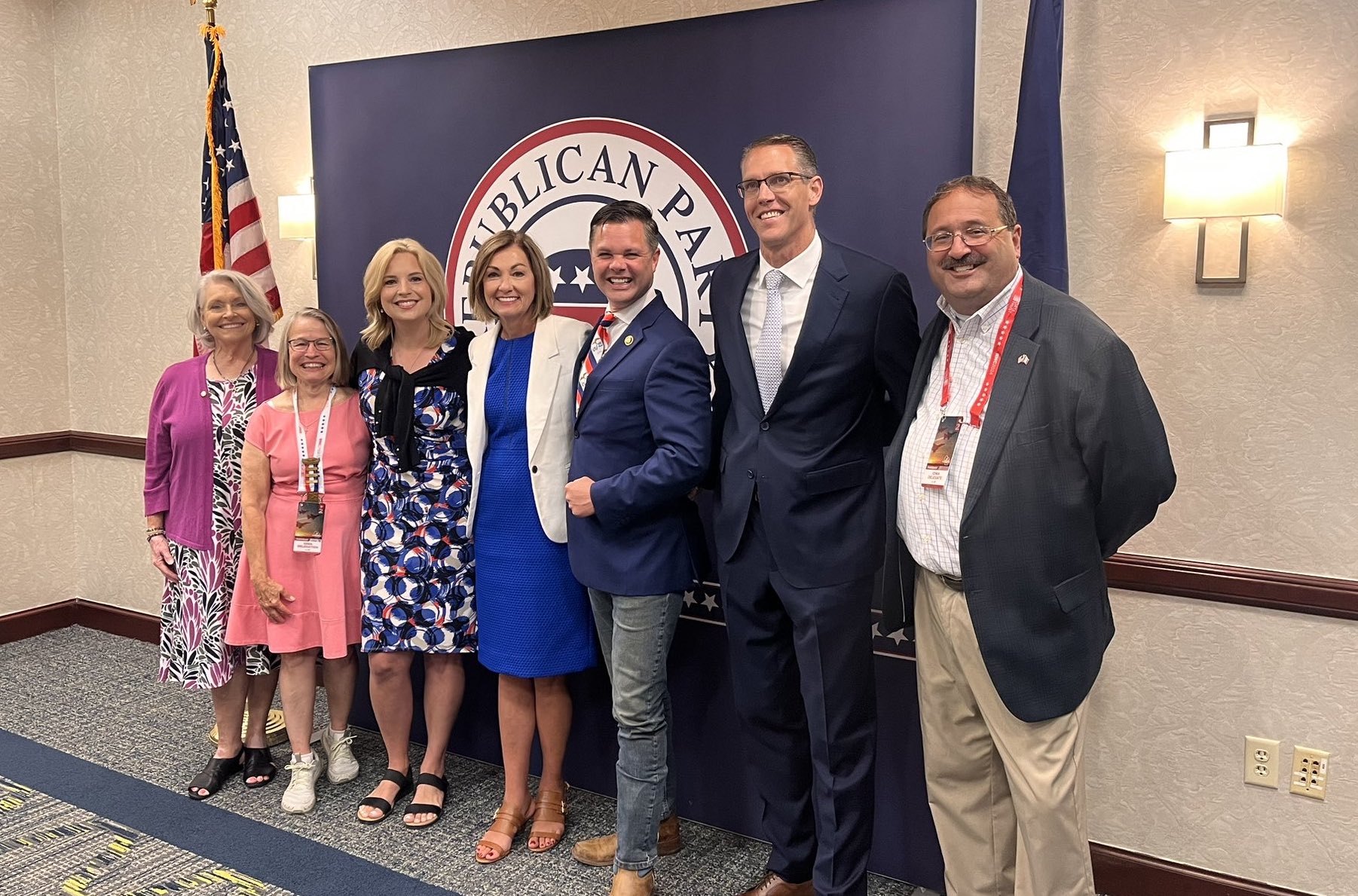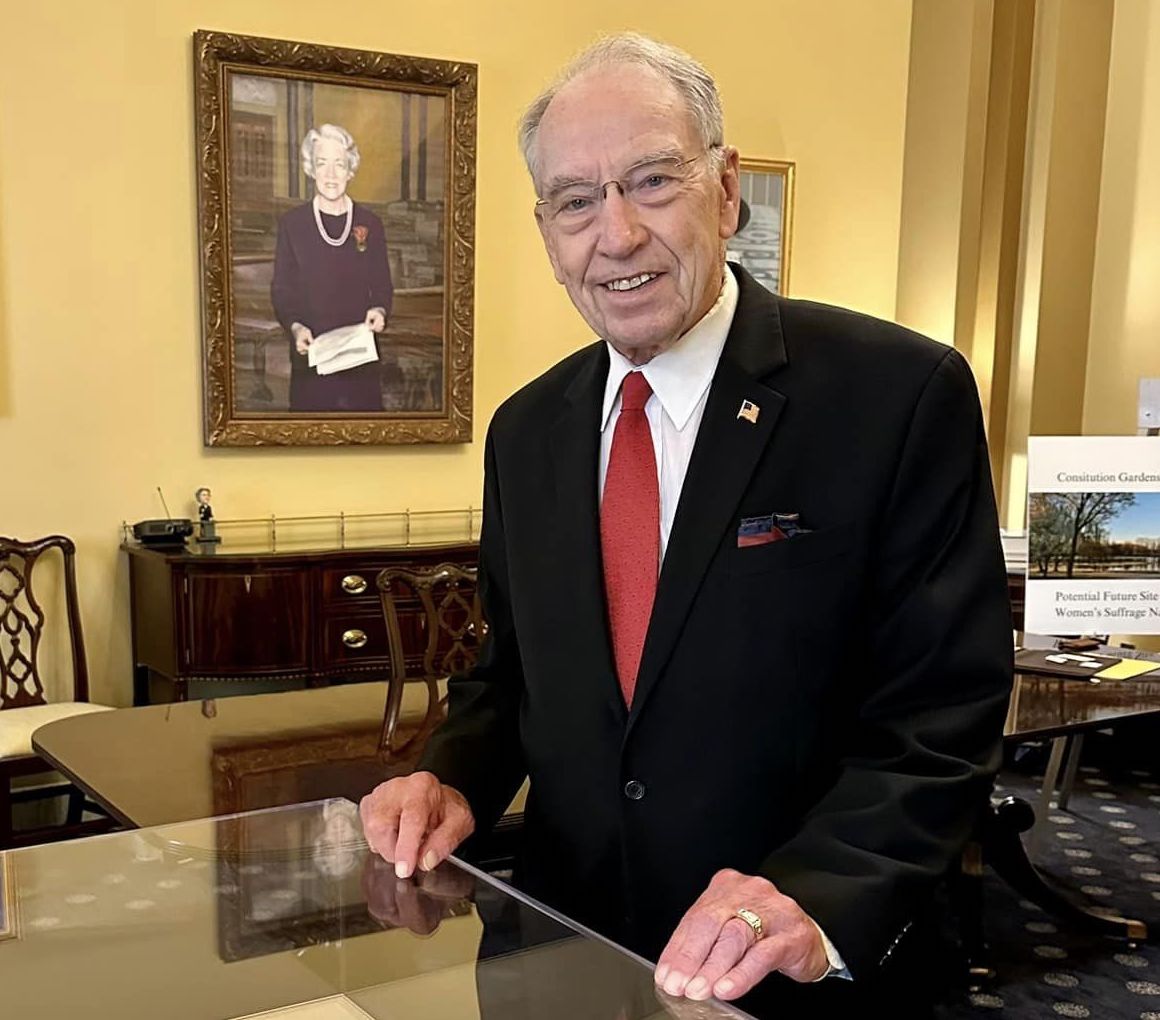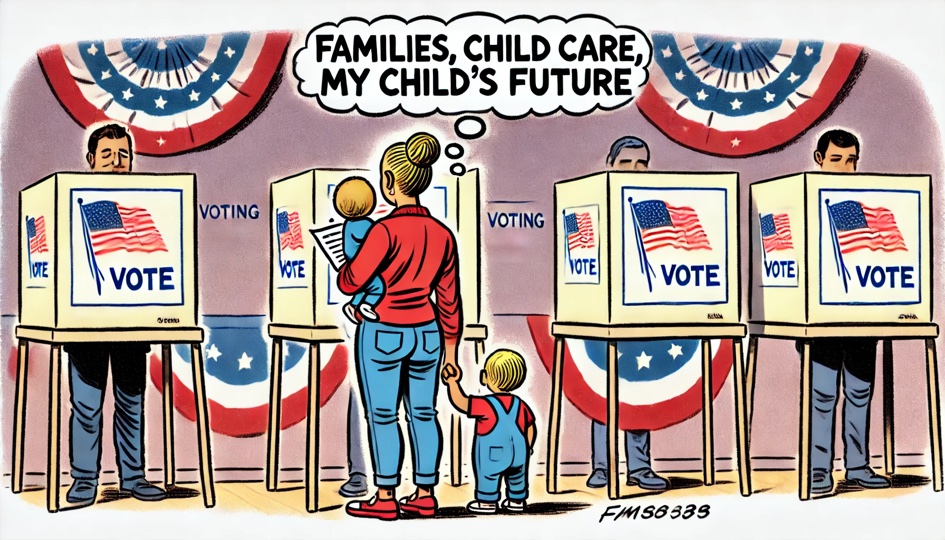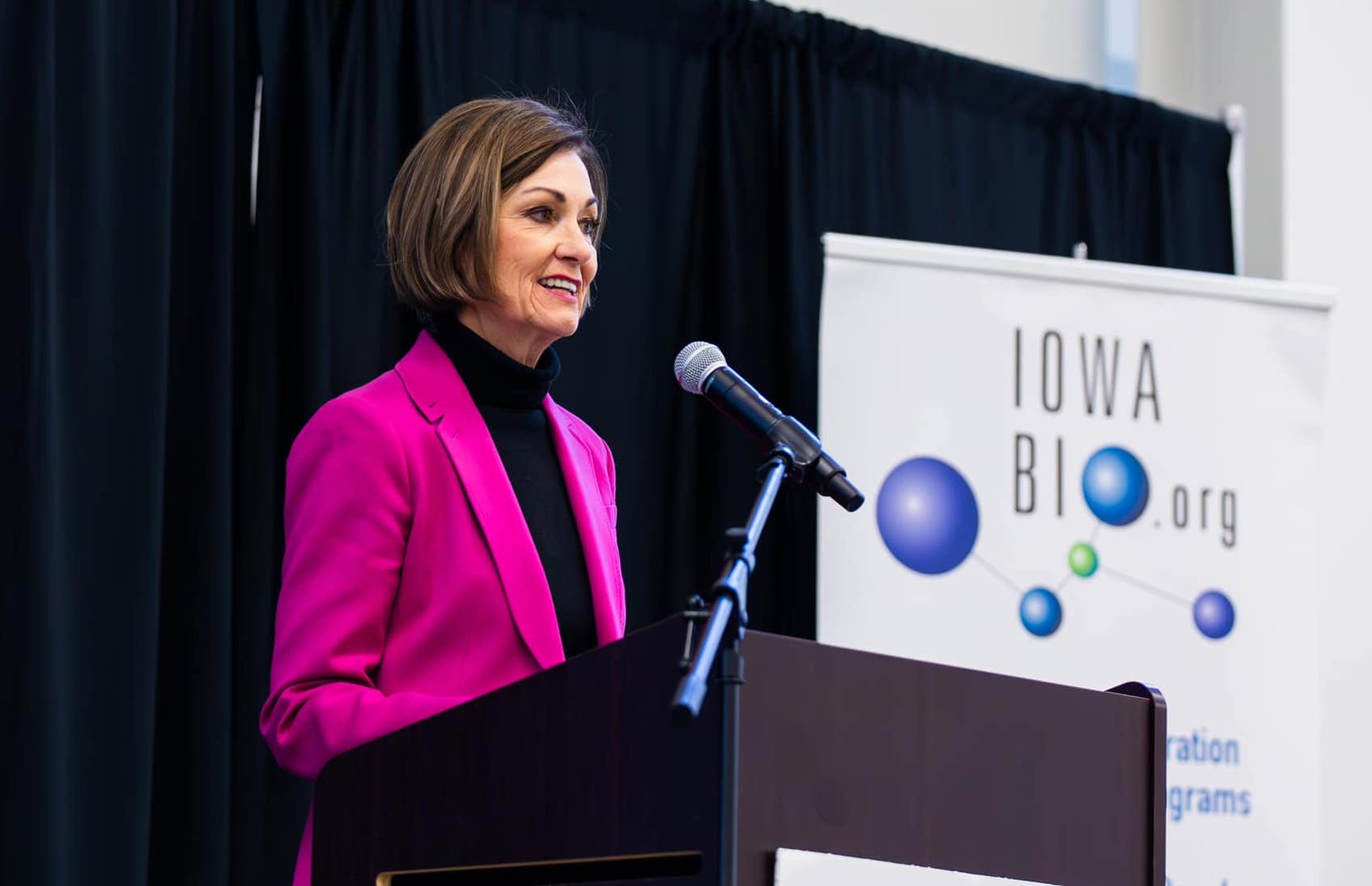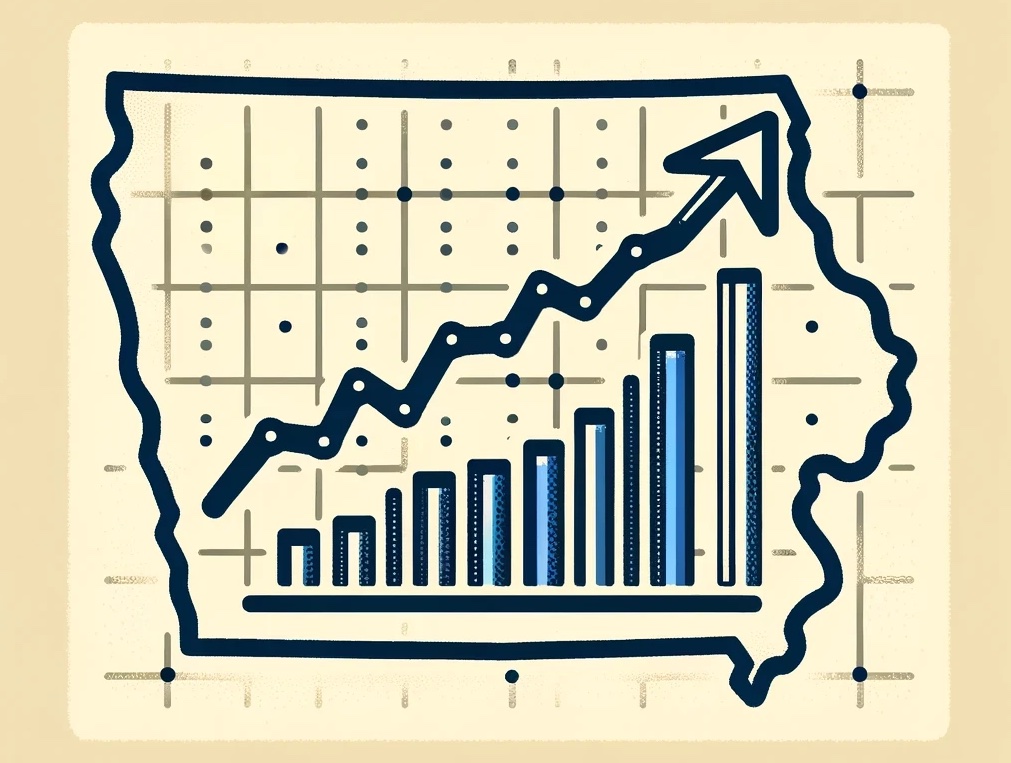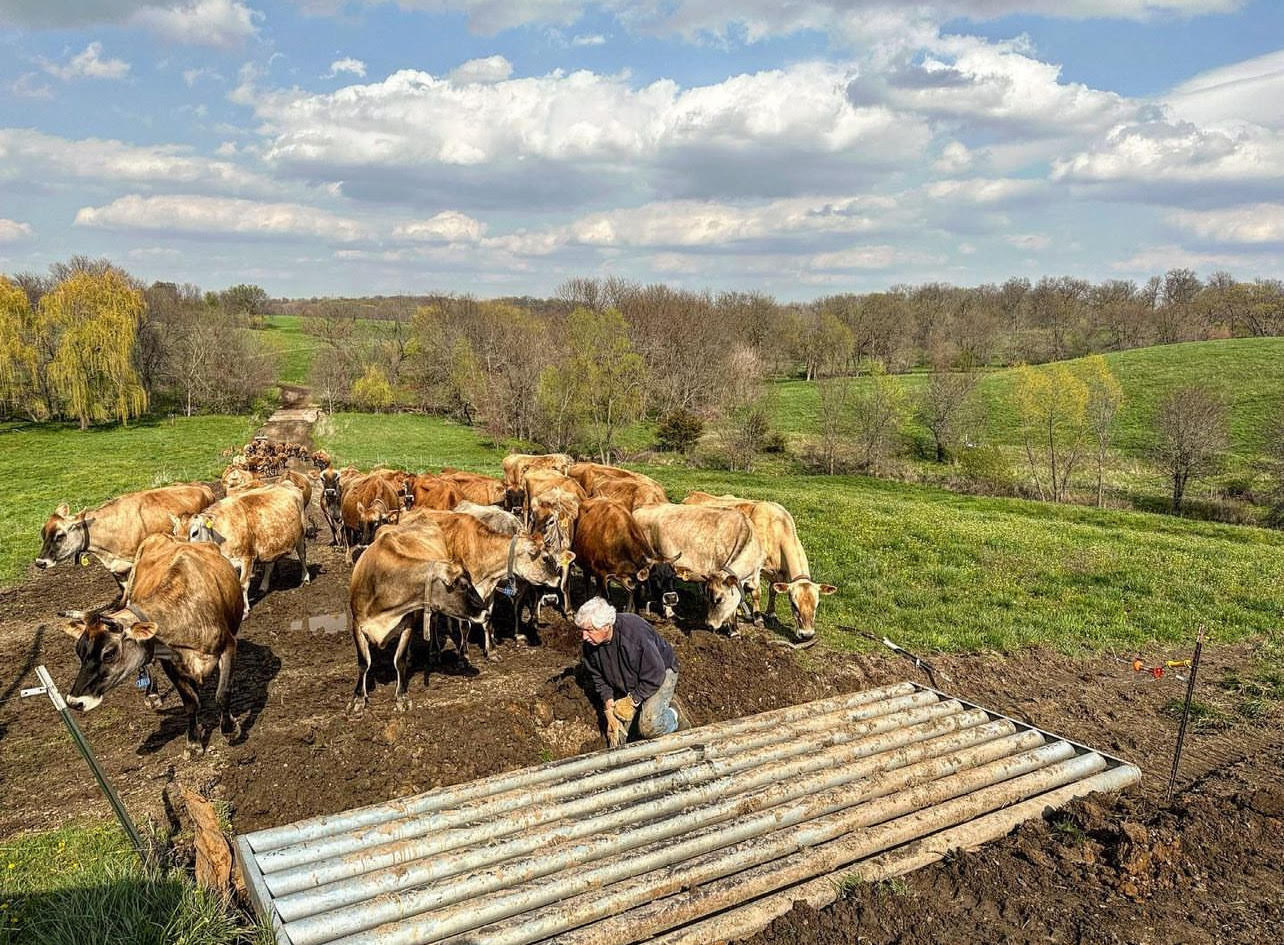Jon Muller is a semi-retired policy analyst and entrepreneur who previously was a tax analyst and revenue forecaster for Iowa’s Revenue Estimating Conference.
Iowa Republicans appear to be budgeting on pure hope. And that’s probably the only tool they have. That hope appears to be misplaced.
State government is piecing together a budget, but it’s like flying a plane with one engine gone. This piece is an effort to estimate how far they can fly the plane before it crashes.
The three-member Revenue Estimating Conference (REC) left the estimates largely unchanged at its December 11 meeting, with an additional $23 million for the current fiscal year and an extra $105 million for the budget they’ll appropriate next session.
Normally, that would be pretty good news. The state government historically worked on the premise that future expected appropriations could be funded with future expected revenues. Even when the income tax cutting regime got its foothold in the mid-1990s, both the legislative and executive branches used five-year forecasts of revenues and expenditures to make sure the long-term forecast was at least theoretically reasonable. There’s nothing inherently wrong with using reserves to fund tax cuts in the short run, if it’s reasonable to believe future revenue increases are sufficient to fund them.
I sincerely doubt the state government uses this approach anymore. Because they have committed fiscal malpractice the likes of which I have never seen in Iowa.
Continue Reading...
